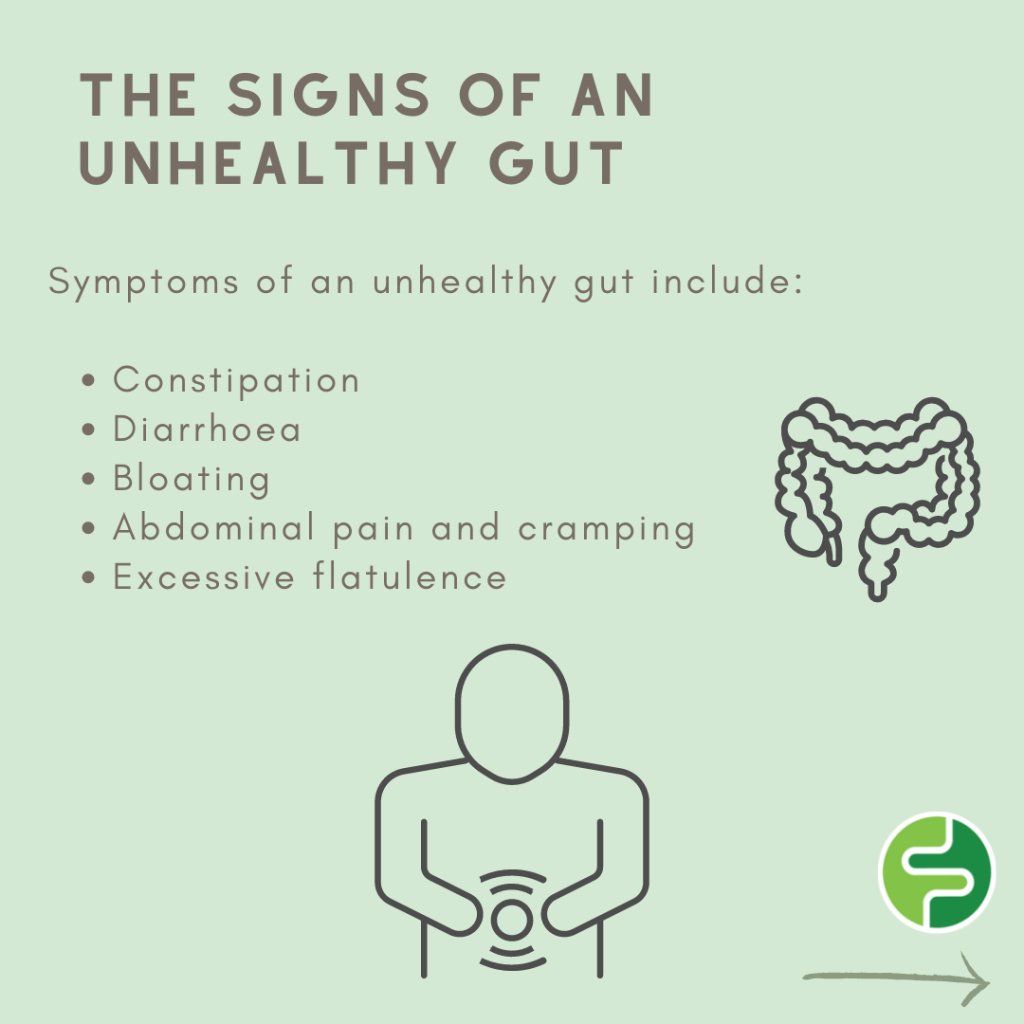Gut health is essential for overall wellbeing. Dysbiosis, or an imbalance in the gut flora, can lead to numerous health problems.
However, not all gut health issues are visible. Some people may experience symptoms that are difficult to pinpoint, such as bloating, constipation, diarrhea or stomach pain.
Gut Health is very Important to be cure because it will harm you stomach so it can be prevent from medication which you can buy from Synogut.com.
What Does An Unhealthy Gut Mean?
When your gut is imbalanced, your body may struggle to absorb nutrients, store fat, and regulate blood sugar. Weight loss or gain may be caused by bacteria overgrowth or lack of nutrients.
You have skin irritations. Some skin conditions like acne, eczema, and psoriasis may be related to gut issues
Here Are Six Signs You May Have A Unhealthy Gut:
- You experience frequent bouts of nausea and/or vomiting.
- You find it hard to lose weight even if you’re trying hard to eat healthy.
- You feel tired all the time.
- Your muscles don’t feel great and you can’t seem to keep up with your family’s activities.
- You have trouble digesting certain foods such as dairy, gluten or wheat.
- You feel bloated and gassy all the time.
How Do You Balance Your Gut Health?
Add probiotics to your diet. Probiotics promote the growth of healthy bacteria in the gut. You can take these in vitamin form or, preferably, from natural sources like yogurt, kefir, Kombucha, and kimchi.
Limit processed foods and sugar. Instead, get nutrients from plant-based foods and lean proteins. A diet high in fiber can promote a healthy gut.
Eat slowly. Chew thoroughly and eat slowly to fully digest your food and help your body absorb all its nutrients.
Eliminate food intolerances. If certain foods always cause cramping, nausea, or acid reflux, you may have a food intolerance.
Try an elimination diet to determine your trigger foods, and then remove them from your diet completely. If you need help, consider Nutrition Counselling at Frederick Health.
Drink water. You’ve heard it before, but staying hydrated really does improve your body’s overall health. Drinking water aids with digestion.
Have a grocery game plan. Avoid the center aisles with processed foods and refined sugars and stay around the outside of the grocery store. Choose healthy, fresh fruits and vegetables.
Exercise regularly Exercise regularly to keep your gut healthy and functioning properly. This can include aerobic exercise, such as running or biking, and strength training.
Get enough sleep. Aim for 7-8 hours each night. Proper sleep helps to balance your hormones and prevent many scenarios that can negatively impact your digestive health, like stress or eating too close to bedtime.
Reduce stress. Some studies show that people who have early life stress more likely to develop IBS. Finding ways to manage your stress can help manage your gut, too.
Avoid or quit smoking. Smoking can harm your digestive system in many ways—from heartburn and ulcers to liver disease and cancer. If you smoke, try to quit. Get medical help if you need it.
Talk to your doctor. There’s no better time or place than the doctor’s office to talk about gut health. Tell your doctor about your symptoms, pain rating, recent changes, and health goals.
Follow the instructions on the medication label carefully. This will help minimize the gut health risks associated with the medication.
Limit alcohol intake. Limit the amount of alcohol you drink, as excessive alcohol consumption can damage the gut and lead to health problems.
Use a Probiotic. This can help maintain the balance of bacteria in your gut. This can help protect your gut health from the negative effects of medications.
The best Probiotic for this is a high-quality, multi-strain Probiotic. This is because it will contain a variety of Probiotic strains, which will help maintain the balance of bacteria in your gut.
In conclusion, there are many symptoms of an unhealthy gut. Some are obvious, such as diarrhea or constipation.
Others, such as weight gain or fatigue, can be more difficult to identify. If you are experiencing any of these symptoms, it is important to see a doctor and get your gut health evaluated.
A healthy gut is essential for overall health and well-being.
